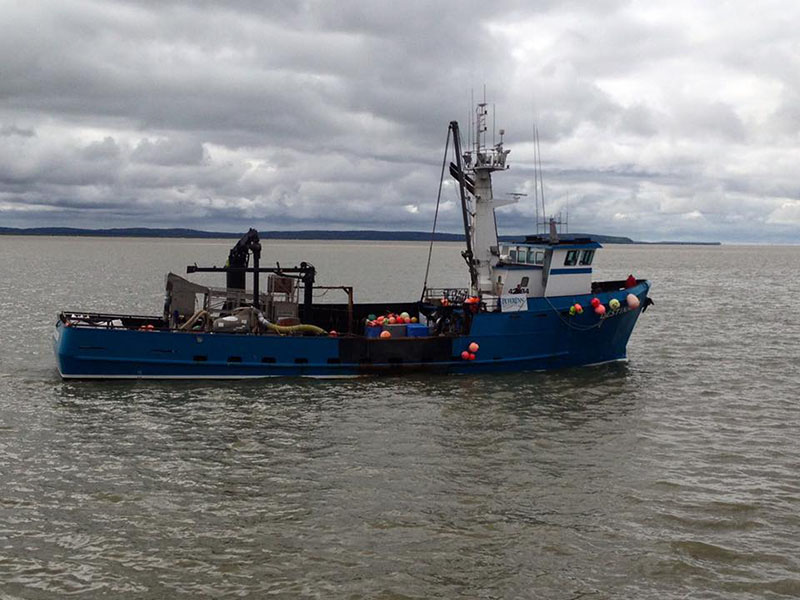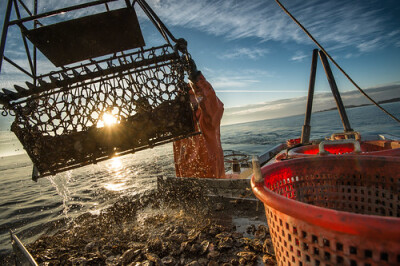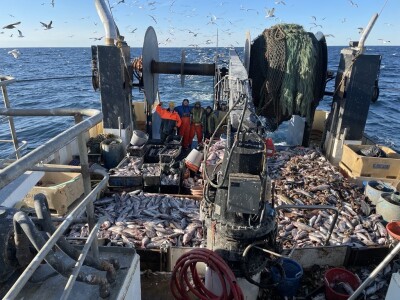Hearings into the fatal Feb. 11 sinking of the 98-foot crabber Destination began Monday as Coast Guard officials explore what could’ve caused the accident.
Officials will hear testimony from the vessel’s owner, former crew and other industry and government officials knowledgable of the operation and fishery as they try to piece together the events leading up to the sinking and the death of six crew members.
Captain Jeff Hathaway and crew members Kai Hamik, Darrik Seibold, Larry O’Grady, Raymond Vincler and Charles G. Jones were lost with the boat. They were legally declared dead in a presumptive death hearing about a month after the Coast Guard suspended search efforts.
NOAA research ships located the wreckage of the boat in late July.
According to reports, harsh winter weather on that February day included snow, wind gusts of more than 39 mph and seas of more than 12 feet. Most of those with experience in the Bering Sea have speculated that the Destination could have fallen victim to advance freezing spray that coated the vessel with ice and in turn made the vessel — loaded with traps on deck as it headed out to the grounds — top heavy and caused the capsizing.
But the leadoff witness at the hearings, vessel owner David Wilson, said Hathaway was well experienced in those conditions and knew when to slow down and focus on ice removal.
“He was very capable and knowledgeable,” Wilson said of the skipper he hired to run the boat, according to the Seattle Times. “I had total confidence in his decisions.”
Hathaway had run the Destination for Wilson for 23 years.
Wilson explained that the boat was put in dry dock for maintenance every other year and that no major safety concerns had been noted.
During the crew’s last port-of-call in February at Dutch Harbor, Alaska, the captain had reported a slight leak around a shaft but that it had been remedied, according to Wilson.
Fisherman Dylan Seibold, brother of Darrik Seibold and a former Destination crew member, had met up with the crew during that Dutch Harbor stop.
"I personally worked with every single man," he told Coast Guard investigators, according to KIRO 7.
Hatfield also raised concerns about the pressures of working on a commercial fishing boat after noting that the crew was “pretty beat down” when he saw them in Dutch Harbor. The crew had just worked a busy cod season and were about to transition to catching crab.
"I think the race for fish needs to come to an end," Hatfield said.
The Coast Guard hearings are set to continue for two weeks, and officials are expected to deliver a report on the incident in February, a full year after the tragedy.







